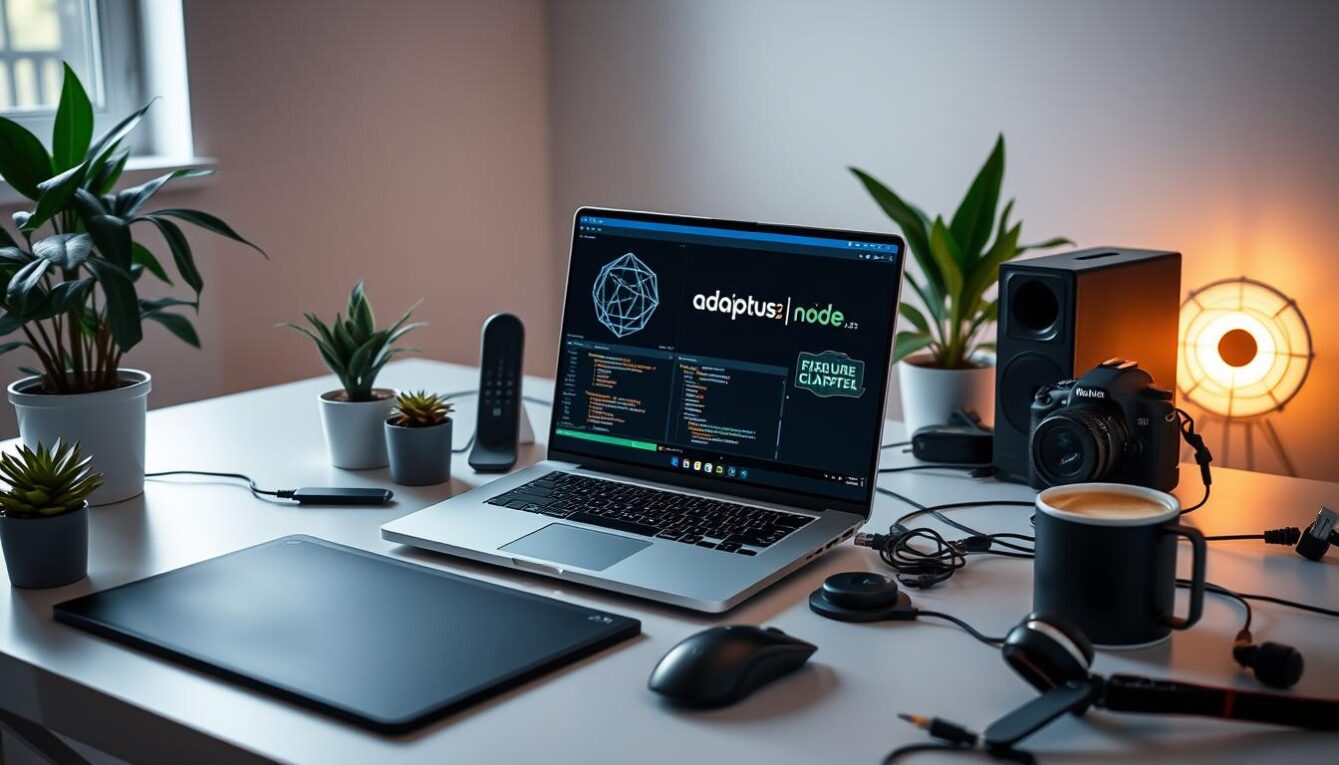Chatbots have revolutionized the way we interact with technology. They make communication faster, more efficient, and more personalized. ChatGPT is one such chatbot that has taken the world by storm. It is an AI-based chatbot that uses natural language processing to respond to users’ queries. This article will guide you on integrating ChatGPT into C and C++.
Understanding the ChatGPT API for Seamless Integration with C and C++
Before we get into the technicalities of integrating ChatGPT into C and C++, it is crucial to understand the ChatGPT API. An API or Application Programming Interface is a set of protocols, routines, and tools for building software applications. The ChatGPT API provides a set of endpoints through which developers can communicate with the ChatGPT server. These endpoints are typically URLs that accept HTTP requests and return JSON responses. To integrate ChatGPT into C and C++, we must understand how to interact with the ChatGPT API.
Integrating ChatGPT to C and C++: A Step-by-Step Guide
Now that we understand the ChatGPT API let’s jump into the integration process. The following is a step-by-step guide on integrating ChatGPT into C and C++.
- Prerequisites
- Setting Up OpenAI API Access
- Developing C or C++ Integration
- Establishing HTTP Communication
- Crafting the Request
- Handling the Response
- Parsing JSON in C/C++
- Example Use Case
- Testing and Validation
- Error Handling
- Conclusion
1. Prerequisites
- Basic knowledge of C or C++ programming.
- An environment to compile C/C++ code (e.g., GCC for C, G++ for C++).
- A library for making HTTP requests (e.g., libcurl for C/C++).
- A JSON parsing library compatible with C/C++ (e.g., nlohmann/json for C++).
2. Setting Up OpenAI API Access
- Sign up or log in to OpenAI and navigate to the API section.
- Create a new API key for your application.
- Note down the API key for later use.
3. Developing C or C++ Integration
Establishing HTTP Communication
- Include the libcurl library in your project to handle HTTP requests.
#include <curl/curl.h>Crafting the Request
- Initialize a CURL session and set the necessary options, including the URL for the OpenAI API, HTTP headers for authentication (using your API key), and the POST field data containing your prompt.
CURL *curl = curl_easy_init();
if(curl) {
struct curl_slist *headers = NULL;
headers = curl_slist_append(headers, "Content-Type: application/json");
headers = curl_slist_append(headers, "Authorization: Bearer YOUR_API_KEY_HERE");
curl_easy_setopt(curl, CURLOPT_HTTPHEADER, headers);
curl_easy_setopt(curl, CURLOPT_URL, "https://api.openai.com/v1/engines/davinci/completions");
curl_easy_setopt(curl, CURLOPT_POSTFIELDS, "{\"prompt\": \"Your prompt here\", \"max_tokens\": 100}");
// Additional curl options as needed
}Handling the Response
- Implement a callback function to handle the data received from the API.
- Store the response in a suitable data structure for further processing.
4. Parsing JSON in C/C++
- Use a JSON parsing library to interpret the API response.
- Extract the generated text from the JSON object.
With these four steps, you can seamlessly integrate ChatGPT into C.
Now let’s take a look at C++
creating a function in C++ that uses libcurl to make a call to ChatGPT (via OpenAI’s API) and then parses the JSON response into an object. We’ll use nlohmann/json for JSON parsing due to its ease of use and compatibility with C++.
Step 1: Setup and Dependencies
Ensure you have libcurl and nlohmann/json available in your project. You can install libcurl via your system’s package manager and include nlohmann/json either by adding it directly to your project or using a package manager like vcpkg or Conan.
Step 2: Include Headers
Include the necessary headers in your C++ source file:
#include <curl/curl.h>
#include <iostream>
#include <string>
#include <nlohmann/json.hpp>
using json = nlohmann::json;
Step 3: Write a Callback Function
This function will be called by libcurl as data is received from the server. It will append the data to a string.
static size_t WriteCallback(void *contents, size_t size, size_t nmemb, std::string *userp) {
userp->append((char*)contents, size * nmemb);
return size * nmemb;
}
Step 4: Create a Function to Call ChatGPT
This function will set up the CURL request to call the OpenAI API, handle the response, and parse it into a JSON object.
json CallChatGPT(const std::string& prompt) {
CURL *curl = curl_easy_init();
std::string readBuffer;
json responseJson;
if (curl) {
// Set the URL and required headers
curl_easy_setopt(curl, CURLOPT_URL, "https://api.openai.com/v1/engines/davinci/completions");
struct curl_slist *headers = NULL;
headers = curl_slist_append(headers, "Content-Type: application/json");
headers = curl_slist_append(headers, "Authorization: Bearer YOUR_API_KEY_HERE");
curl_easy_setopt(curl, CURLOPT_HTTPHEADER, headers);
// Set the POST data
json postData = {
{"prompt", prompt},
{"max_tokens", 100}
};
std::string postDataStr = postData.dump();
curl_easy_setopt(curl, CURLOPT_POSTFIELDS, postDataStr.c_str());
// Set the callback function to handle the response
curl_easy_setopt(curl, CURLOPT_WRITEFUNCTION, WriteCallback);
curl_easy_setopt(curl, CURLOPT_WRITEDATA, &readBuffer);
// Perform the request, and check for errors
CURLcode res = curl_easy_perform(curl);
if (res != CURLE_OK) {
std::cerr << "curl_easy_perform() failed: " << curl_easy_strerror(res) << std::endl;
} else {
// Parse the JSON response
responseJson = json::parse(readBuffer);
}
// Cleanup
curl_easy_cleanup(curl);
curl_slist_free_all(headers);
}
return responseJson;
}
Step 5: Using the Function
You can now call CallChatGPT with your desired prompt and handle the response. Here’s an example of how to use this function:
int main() {
std::string prompt = "Hello, world!";
json response = CallChatGPT(prompt);
// Output the full JSON response
std::cout << response.dump(4) << std::endl;
// Accessing a specific part of the response, e.g., the generated text
if (response.contains("choices") && !response["choices"].empty() && response["choices"][0].contains("text")) {
std::string generatedText = response["choices"][0]["text"];
std::cout << "Generated Text: " << generatedText << std::endl;
}
return 0;
}
This comprehensive function setup allows you to make a call to ChatGPT and parse the response effectively. Ensure you replace "YOUR_API_KEY_HERE" with your actual OpenAI API key.
Further Enhancements:
- Error Handling: Expand the error handling to manage HTTP errors, JSON parsing errors, and API-specific errors more gracefully.
- Response Handling: Enhance the way you handle and utilize the response, depending on your specific application needs.
- Security: Ensure that your API key is stored and used securely.
Feel free to adapt and expand this example to fit your specific requirements and use cases.










